#buonaparte
Note
Hi! I was wondering is there an actual source stating that calling Napoléon "Buonaparte" was meant as derogatory? I've read here (https://mrodenberg.com/2012/09/13/bonaparte-or-buonaparte/) that on Saint-Helena, the British addressed him as that to undermine his legitimacy as French ruler. Also, I know of another historical figure, Prieur de la Côte-d'Or, who not being very fond of him used the same appellation when talking about Napoleon
Hey! Yes, it was definitely used in a derogatory way to delegitimize Napoleon’s rule by denying his frenchness. Napoleon’s brother, Louis, commented on this in his A Reply to Sir Walter Scott’s History of Napoleon in 1829:
Another visible object is, that of desiring to make Napoleon pass as a foreigner in France. In fact, if such were not the intentions of the author, why this obstinacy in writing the family name of Napoleon, Buonaparte, instead of Bonaparte, consecrated as it is by long habit? Certainly the letter O is not more or less noble or French than the letter U, but it is done to impress a foreign character upon Napoleon, and divide his glory from that of France.
The Italian nation is sufficiently glorious for one to be proud of belonging to it, especially of deriving one’s origin from this beautiful country; but when one has been born under the laws of France, grown up on its soil, with no other knowledge of foreign countries, even of beautiful Italy, than that gained with the victorious legions of France, it is rather too ridiculous to receive from an English author the certificate of a foreigner.
The name Buonaparte was being used by the coalitions before the St. Helena years, especially by the British, so there are quite a lot of examples.
To be clear, Buonaparte was Napoleon’s birth name and the name he preferred to go by for over 20 years. He changed his name during the French Revolution during a wave of name changes across France to more revolutionary and patriotic names. That being said, Bonaparte is already listed as his name on his baptism certificate* in 1771 (“Neapoleone Bonaparte”) when he was nearly 2 years old, which is 3 years into French rule of Corsica. On the same document, his father’s name is spelled as Buonaparte.
It’s a little complicated. The spelling of names weren’t very standardized and were subject to a lot of variation. But the usage of the name Buonaparte was definitely intentional among Napoleon’s enemies. You can tell pretty easily when someone is saying it in a bad faith manner.
From the historian Andrew Roberts (Napoleon: A Life):
For decades thereafter, British and Bourbon propagandists re-inserted the ‘u’ in order to emphasize Napoleon’s foreignness, such as in François-René de Chateaubriand’s snappily titled 1814 pamphlet Of Buonaparte and the Bourbons and the Necessity of Rallying Round our Legitimate Princes for the Happiness of France and that of Europe, in which he wrote: ‘No hope was left of finding among Frenchmen a man bold enough to dare to wear the crown of Louis XVI. A foreigner offered himself, and was accepted’ (Chateaubriand, Of Buonaparte p. 5). Even after the British royal family changed the name of their dynasty from Saxe-Coburg-Gotha to Windsor in 1917, some British historians still ridiculed Napoleon for dropping the ‘u’ from his surname.
It becomes obvious when people change how they refer to Napoleon depending on their current stance or relationship with him. For example, when France and Russia were allies, Tsar Alexander I calls him Napoleon or even the Emperor Napoleon. But when the alliances change and Napoleon is removed from power, Alexander referred to him as Buonaparte.
From the historian Marie-Pierre Rey (Alexander I):
Alexander’s use of the Corsican family name of Buonaparte is interesting, implying that for Alexander Napoléon was no longer emperor of the French — and not even French by nationality!
So there were two purposes to calling him Buonaparte: to accentuate his commoner origins as well as his foreignness in order to delegitimize his authority as head of state.
Thanks for the interesting question!
————
* (The baptism document can be found on Archives de la Corse-du-Sud -> Etat Civil -> Ajaccio -> 1771 -> Baptemes -> 6 MI 4/21)
#asks#my answers#Napoleon#napoleon bonaparte#buonaparte#napoleonic era#napoleonic#first french empire#french empire#Bonaparte#history#french revolution#Corsica#Ajaccio
38 notes
·
View notes
Text
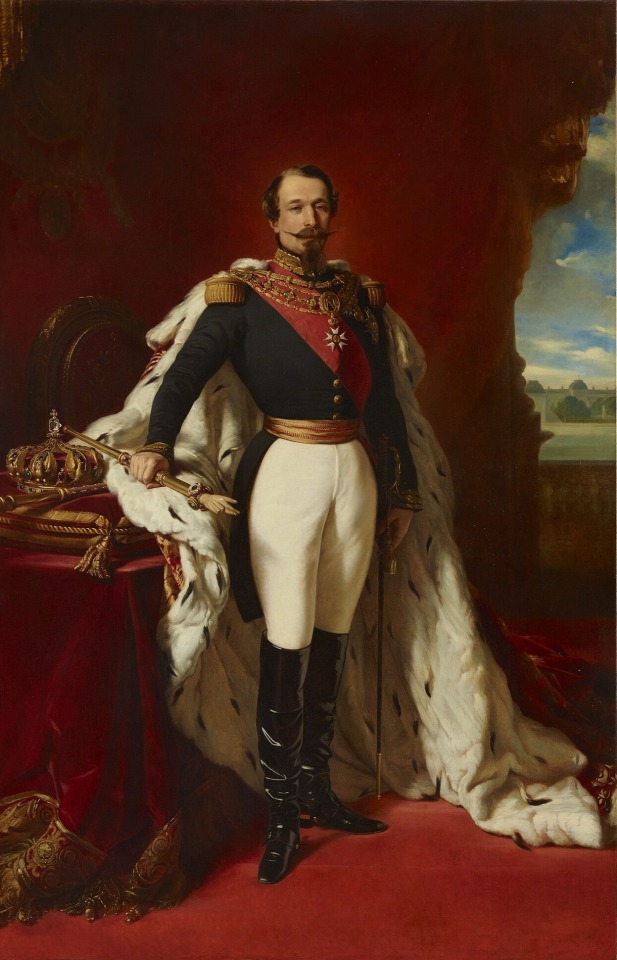
Portrait of Napoleon III, Emperor of the French, in Coronation Robes. After Franz Xaver Winterhalter.
#franz xaver winterhalter#coronation robes#napoleon iii#empereur#maison bonaparte#buonaparte#bonaparte#dynastie bonapsrte#official portrait#costume de sacre#full length portrait#empire français#french empire#full-length portrait
23 notes
·
View notes
Text
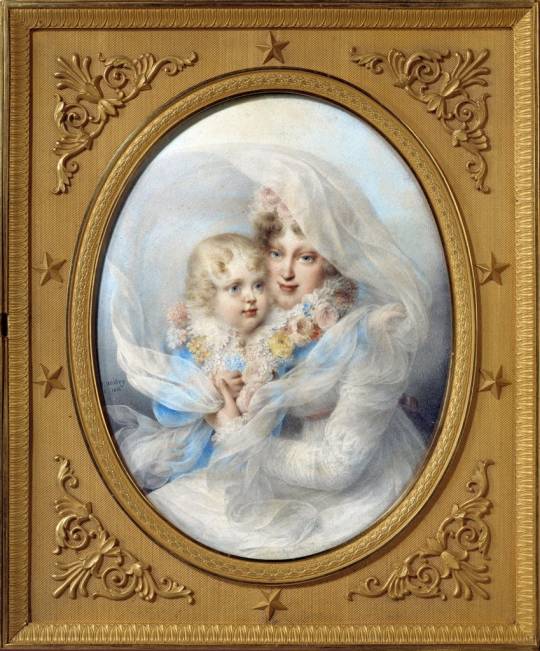
Portraits of the Empress Marie-Louise (1791-1847) and the King of Rome, Napoleon II, Duke of Reichstadt (1811-1832) son of the Emperor Napoleon I (1769-1821). By Jean-Baptiste Isabey.
#jean baptiste isabey#french empire#dynastie bonaparte#buonaparte#bonaparte#empress marie louise#napoleon ii#maison bonaparte
18 notes
·
View notes
Photo


My sister brought me this book from Paris. Here, Napoleon is in the bathtub with Mme. de Montholon! She seems to be sleeping with everyone on the island, even Hudson Lowe. That's my impression; I'm not sure. In this book there is some hidden treasure from Egypt, Hudson Lowe wants it, etc.
This is my translation, probably not that perfect:
—Your proposals always enchant me, Madame de Montholon. [She proposed to read to him.]
—I know your love of tragedy. "Against you, against me, vainly I test myself."
—"When you're here, I run from you, when you're absent, I search for you."
—Your memory is remarkable.
—I hold Racine in veneration. Is there any more beautiful ode to forbidden love?
—Does the temperature suit you, Your Majesty?
—Gourgaud, are you in the mood to face the winner?
—Your luck in gambling is insolent, general (whatever that means); I prefer to decline.
24 notes
·
View notes
Text

#napoleon#bonaparte#napoleone#napoleonic#buonaparte#jacques louis david#napoleonbonaparte#saint bernard pass#painting#history#historical#art#handsome#brave#france#french#sexy#man#guy#emperor#imperial#lepetitcaporal#corporal#cocked#hat#tricorn#romanticism#romantic#napoleon bonaparte#charismatic
10 notes
·
View notes
Text
EIGHT SURVIVING CHILDREN OF CARLO AND LETIZIA BONAPARTE, SIBLINGS OF NAPOLEON I 🥺🌟♥️

254 years ago on this day, Napoleon Bonaparte, the first French emperor was born
On the occasion of his birthday, meet the Eight surviving children of Carlo and Letizia Bonaparte, who lived to adulthood
Letizia Bonaparte gave birth to 13 children between 1768 and 1784; five of them died, two at birth and three in their infancy...😥🥀
Among the 13 children, the first child who died was Napoleone Buonaparte, who was born on August 17, 1765 and died on the same day... The last child to die was Jérôme Bonaparte, who died 95 years after his eldest brother...
The registered names of all the children of Carlo and Letizia Bonaparte:
• Napoleone Buonaparte (born and died 17 August 1765)
• Maria Anna Buonaparte (3 January 1767 – 1 January 1768)
• Joseph Bonaparte (7 January 1768 – 28 July 1844)
• Napoleon Bonaparte (Later French emperor) (15 August 1769 – 5 May 1821)
• Maria Anna Buonaparte (14 July 1771 – 23 November 1771)
• A stillborn child (1773)
• Lucien Bonaparte (21 March 1775 – 29 June 1840)
• Maria Anna (Elisa) Bonaparte (3 January 1777 – 7 August 1820)
• Louis Bonaparte (2 September 1778 – 25 July 1846)
• Pauline Bonaparte (20 October 1780 – 9 June 1825)
• Caroline Bonaparte (25 March 1782 – 18 May 1839)
• Jérôme Bonaparte (15 November 1784 – 24 June 1860)
#Carlo Buonaparte#Letizia Bonaparte#Joseph Bonaparte#Napoleon Bonaparte#Lucien Bonaparte#Elisa Bonaparte#Louis Bonaparte#Pauline Bonaparte#Caroline Bonaparte#Jérôme Bonaparte
64 notes
·
View notes
Text
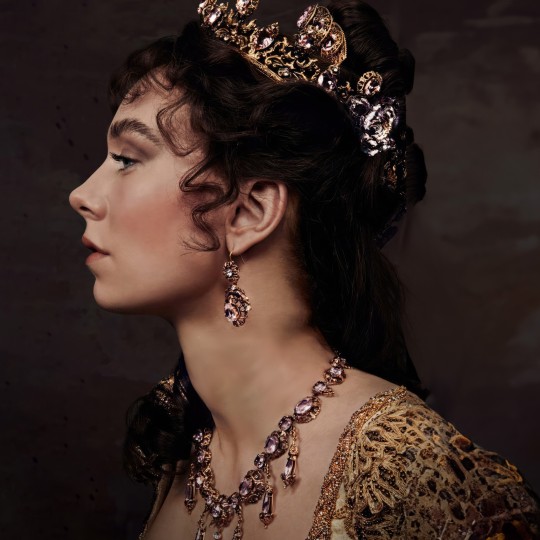
Napoleon (2023)
#2023#film#movie#Napoleon#Ridley Scott#Vanessa Kirby#Josephine Bonaparte#Josephine de Beauharnais#Marie Josephe Rose Tascher de La Pagerie#Joaquin Phoenix#Napoleon Bonaparte#Napoleone di Buonaparte#Jannis Niewohner#Hippolyte Charles#Edouard Philipponnat#Tsar Alexander#Rupert Everett#Duke Of Wellington
10 notes
·
View notes
Text

Napoleon: shabby chic edition
#napoleon bonaparte#napoleon#Bonaparte#Napoleon the movie#Napoleon movie#napoleone buonaparte#joaquin phoenix#Joaquin Phoenix napoleon#ridley scott Napoleon#ridley Scott#film still#shabby napoleon
21 notes
·
View notes
Text


apologizes if some parts look rushed, my tablet was about to die and i wanted to finish it before it ran out of battery ._.
#if this flops im going to cry tears of blood and grief#napoleon bonaparte#napoleonic#ac unity#ac unity napoleon#digital art#hyacinthart#i spent so long on this wtf#acu napoleon#assassins creed unity#assassins creed#napoleone buonaparte#napoleonic era#napoleonic wars#napoleon painting#painting#procreate
88 notes
·
View notes
Text

“Buonaparte at Rome giving audience in state” (12 march 1797) by Isaac Cruikshank
The speech bubble says: “I say remember to take off your hat when you wait on a gemman*!!! There Kiys that you foutre**”
*Gemman is an archaic way to say gentleman
** I actually have no idea what the second sentence means. For starters, I'm pretty sure it says "There", but that T also looks like an F. Secondly, I couldn't find a definition of "kiys", so I'm guessing it's a misspelling of "keys", but also note that the first time I read it I thought it said "kigs", and lastly, I think "Foutre", which is a French word, is being used in an older sense meaning "to fuck/to have someone sexually", but I don't see how it works with the rest of the sentence.
All that explanation for a random satirical print from 1797, I really need to find a hobby—
Anyway, I love how Boney is portrayed lol
#feel free to discuss#I really need help with this one—#also I love that it uses ‘Buonaparte’#napoleon#napoleon bonaparte#satirical print#history#haha funny#boney
19 notes
·
View notes
Text
Some really sweet and less well-known pictures of Napoleon from the 1790s:



#Napoleon#napoleon bonaparte#1790s#posters#napoleonic era#napoleonic#first french empire#19th century#french empire#history#france#art#french revolution#frev#lithograph#print#prints#art history#napoleonic wars#Buonaparte
74 notes
·
View notes
Text
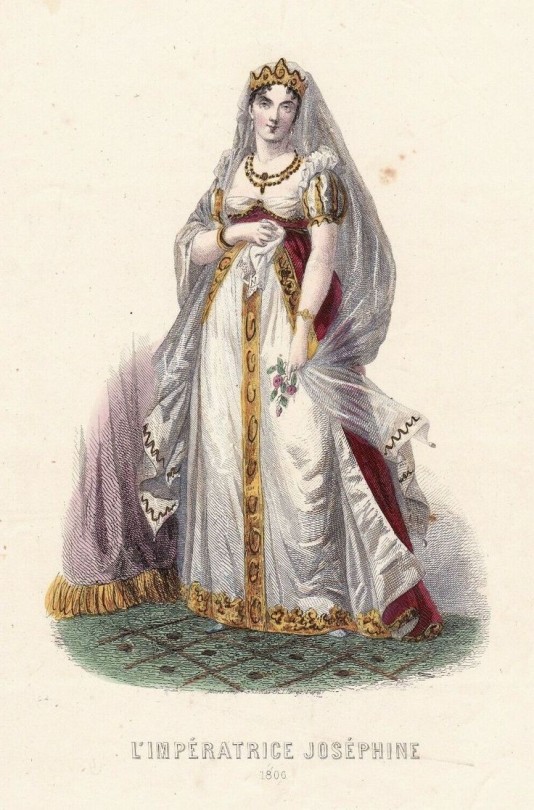
Empress Joséphine.
#engravings#josephine de beauharnais#bonaparte#maison bonaparte#full length portrait#dynastie bonaparte#buonaparte#french empire#empire français#impératrice joséphine#full-length portrait
7 notes
·
View notes
Text
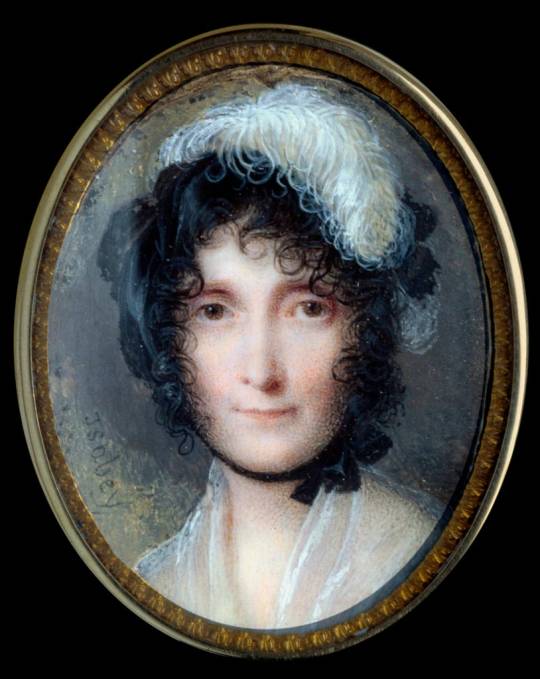
Portrait of Laetitia Bonaparte (Letizia Maria Ramolino) (1750-1836), mother of Napoleon Bonaparte Miniature painting on ivory by Jean Baptiste Isabey.
#jean baptiste isabey#dynastie bonaparte#bonaparte#buonaparte#french empire#letizia maria ramolino#maison bonaparte
7 notes
·
View notes
Text

Considering he was born just fourteen years after corsica got indipendence from Genoa in 1755 (and barely 15 months after France bought it in 1769 - the dates of acquisition from one republic to the state are a bit different) I'd say he himself was of italian descent at this point lol. It's also pretty obvious by looking at his surname but both his parents were born in italian-ruled Corsica
#[.txt]#essentially yeah when he was born he was technically french but by a very labile limit of maybe a few years of corsica being french#at the very least he was more italian than he was french. 'Buonaparte' as a family name isn't exactly french you know?#then again corsica is a tricky thing. Considering Sardinia... it was as different from the main state as any island would be#my original point is he wasn't even from France. Which is really funny. I'm not that invested in vindacting him as being from my country#as if I like ligurian people... come on
20 notes
·
View notes
Text
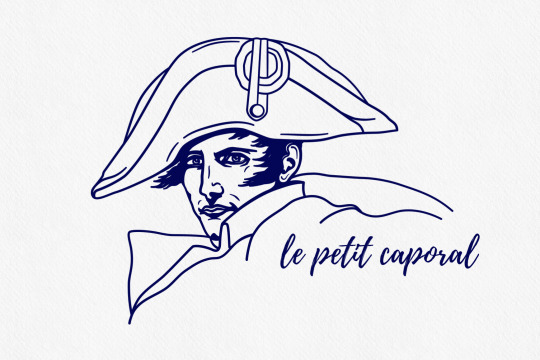
#napoleon#bonaparte#napoleone#napoleonic#buonaparte#napoleonbonaparte#illustration#vector#history#historical#logo#handsome#corsican#brave#france#french#sexy#man#guy#charismatic#corporal#cocked#hat#tricorn#leader#emperor#romantic#fanart#napoleon bonaparte#heroic
2 notes
·
View notes
Text
Fauchelevent continues to be so entertaining.
I love how he’s so adamant on slipping his “brother” into everything here. Mother Innocente is clearly absorbed in her own issues, but he’s doing all he can to promote him. Admittedly, the tropes he relies on to do this (patriarchal attitudes about women and racism) are repulsive, but it’s funny how Mother Innocente is easing him into doing something illegal for the convent while the entire time, Fauchelevent is saying: “you know who could do this better? My brother, who’s stronger than everyone here!” (He’s not exaggerating, but it’s hilarious). And he succeeds! Valjean and Cosette are now allowed to enter! He put his social deftness to great use here, even if he almost slipped up with the “more often.”
The political currents at play are fascinating as well. As a nun, it’s not surprising that Mother Innocente is likely a royalist (hence “Buonaparte” rather than “Bonaparte”). Yet Fauchelevent, as a peasant (albeit one with some education, since he was also a notary) not only has opinions on this matter (being a bit of a Bonapartist), but has enough familiarity with this discourse to alter his word choice to appeal to the nun. “Emperor” may be his first choice, but he knows to use “Buonaparte” here, suggesting that political allegiances were not only common across class boundaries, but that different political discourses were equally well-known. There may be limits to this (perhaps someone who was illiterate would not have so much knowledge of political language, for instance), but it still underscores the deep impacts France’s political turmoil had on multiple groups.
We also see how changes in the bureaucracy have affected the convent with the turmoil over this burial. One of the convent’s privileges was to bury its nuns underneath it so that their bodies would bless it. Now, such a practice is illegal, with officials in sanitation and other public affairs scrutinizing how the convent buries its dead. Mother Innocente appeals to a higher spiritual authority (the state on earth cannot compete with God) and cites historical examples of such a conflict, stressing tradition and the centrality of the Divine. However, these figures didn’t face the exact same dilemma not because there were never conflicts over the role of the state and of God, but because these agencies were relatively new. Fauchelevent isn’t disagreeing with her, really (beyond saying that Valjean could do it better than he could), but the way her perspective reflects on politics is intriguing:
“By order of the king signifies to-day, by order of the revolution. One no longer knows what is due to the living or to the dead. A holy death is prohibited. Burial is a civil matter. This is horrible.”
She’s justified in pointing out that France’s social order has changed dramatically, leading to uncertainty over how people should be treated (that uncertainty can be productive - Hugo’s in favor of social change - but it is complicated nonetheless). No one knowing what “is due to the living” is, in a way, one of the central issues of this novel, with questions over how people should treat each other (the themes of compassion and love) appearing alongside the obligations people have to others as a society (how to help the misérables). The “dead” she mentions here is a nun, but Fantine’s burial demonstrated the same issue in a different way: no one knew what was “due” to her because she was poor, and without a powerful figure directly dictating how she should be buried, the process was no longer seen as important.
Her issue, though, is specifically the shift of death from the domain of religion and the Church to the state (as a “civil matter”) as it tried to better organize lives and matters relating to health. Miasma was a popular medical theory back then, so it’s possible that they feared leaving bodies underneath the Church would expose people to bad odors and make them ill. As the Revolution and the growth of the state’s power brought the Church under scrutiny, this may have simply been one other domain where policy changed, with medical thought now taking precedence over the spiritual.
It’s also interesting that this appears here given that cholera - a major public health crisis in the 19th century - will show up later on. We’re made to engage with this theme relatively early in the novel as a site of contention between different social orders (in this case, the Church and the state). It’ll be fascinating to see where it goes from here.
#les mis letters#lm 2.8.3#fauchelevent#mother innocente#the sewer digression is my favorite digression I'm sorry#and buonaparte vs bonaparte always entertains me
26 notes
·
View notes